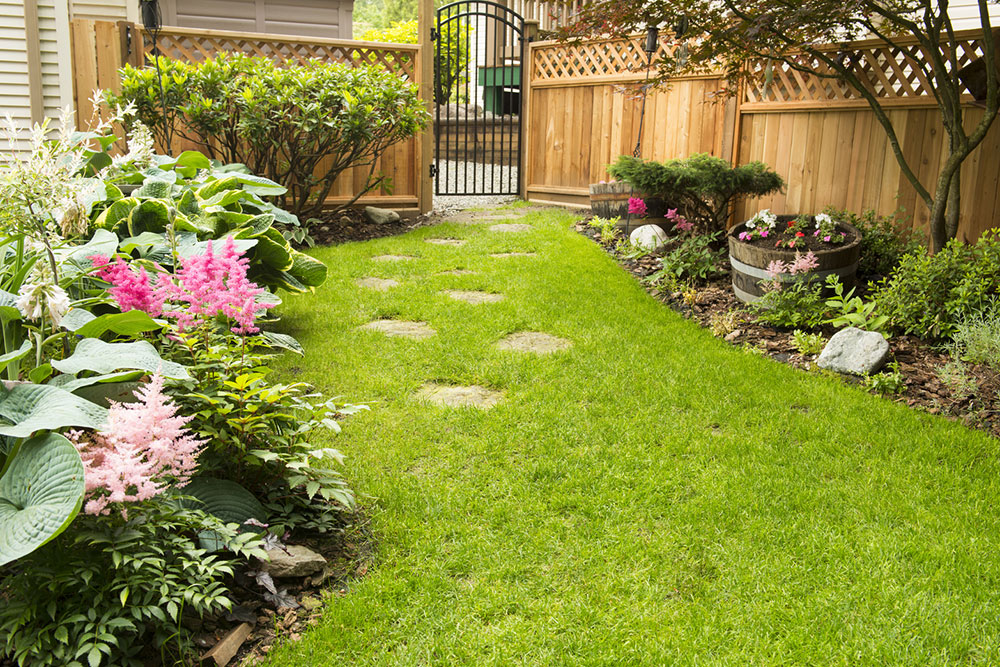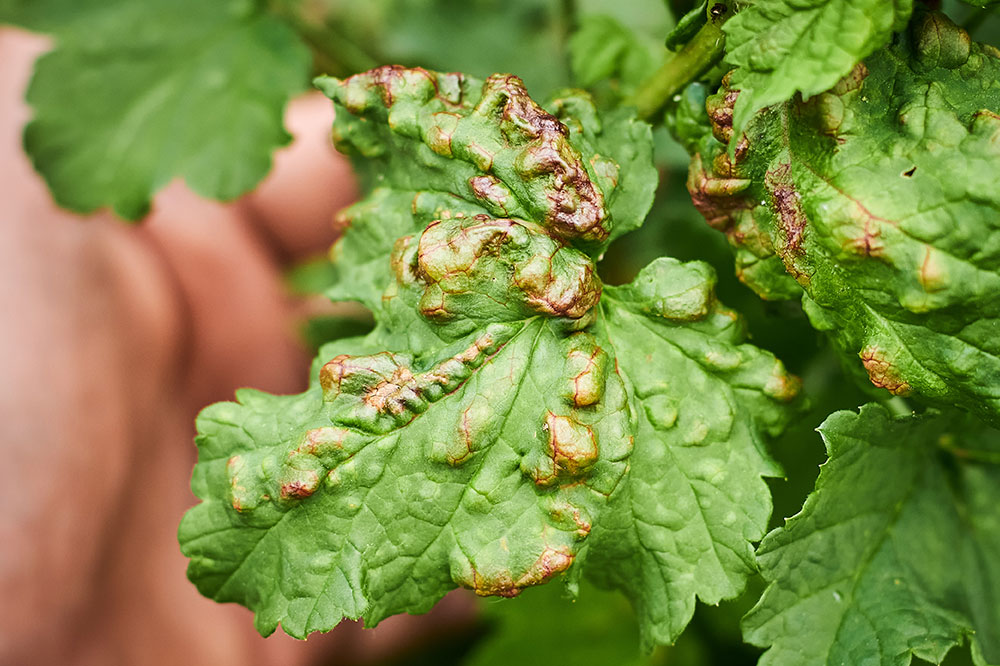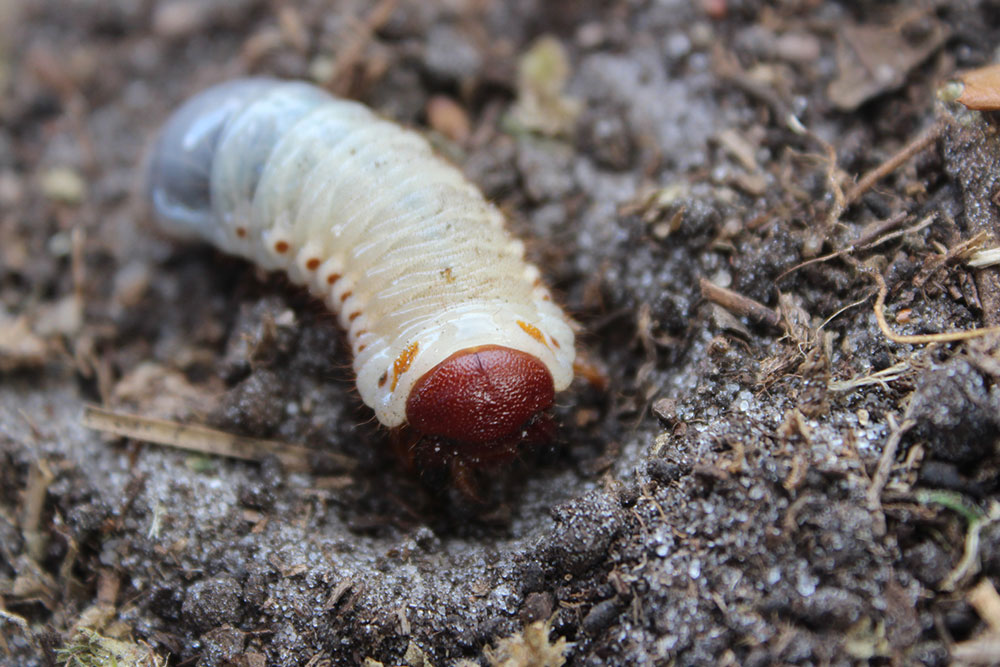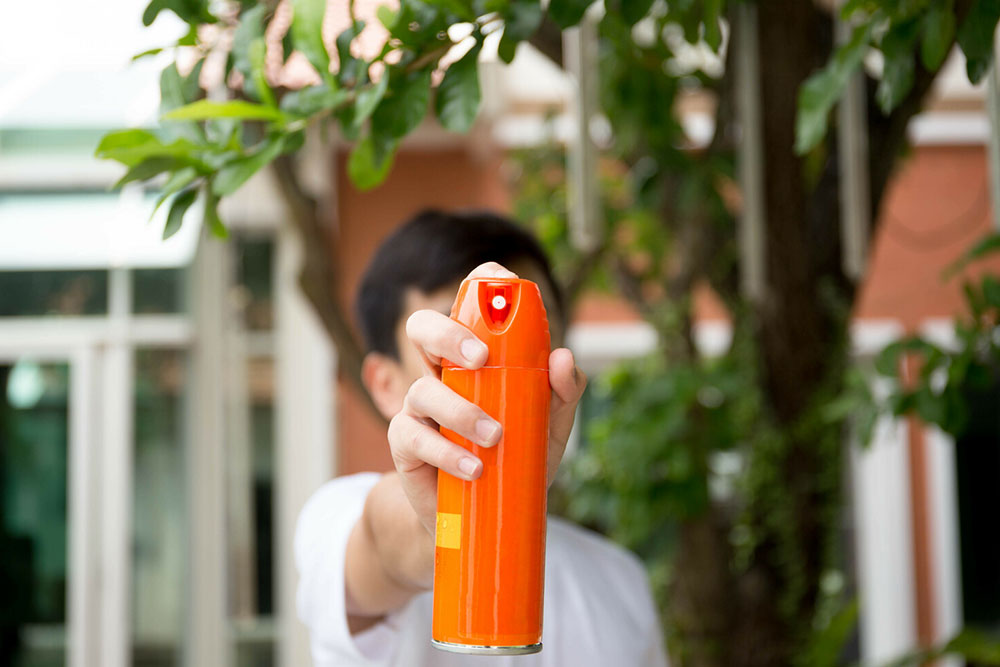Effective Strategies for Managing Mealybug Infestations
Discover comprehensive methods to identify and control mealybug infestations effectively. From natural remedies like neem oil and beneficial insects to chemical solutions and preventive plant choices, these strategies help protect your garden from these tiny pests. Early detection and proper management are key to maintaining healthy, pest-free plants with minimal environmental impact.
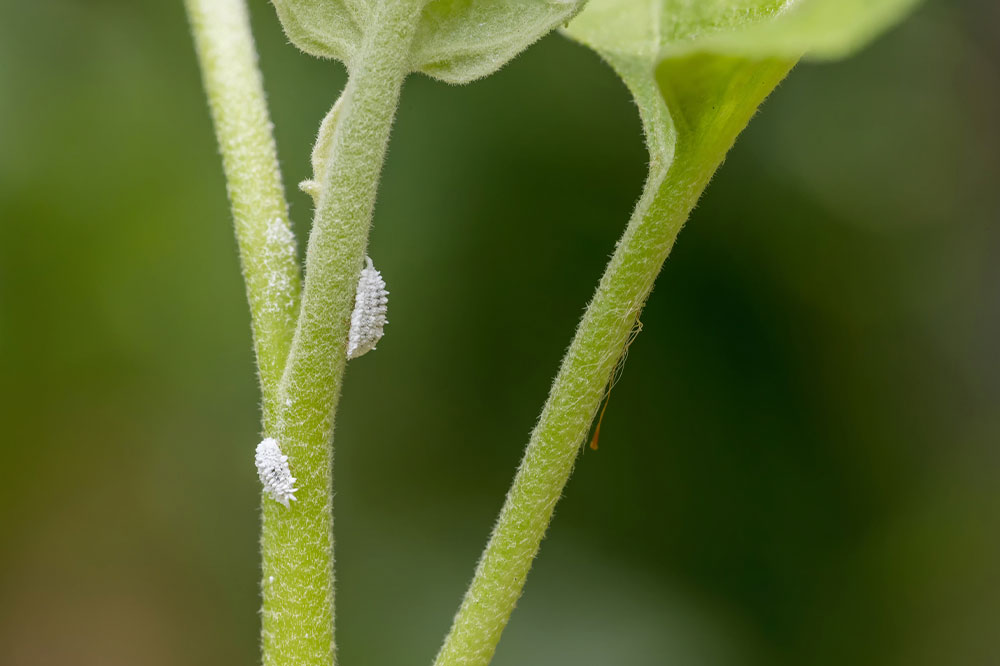
Effective Strategies for Managing Mealybug Infestations
Mealybugs are tiny pests that feed on plants, especially new growth, stems, and leaves. They hatch into small, oval-shaped insects with a gray or white appearance, resembling cotton balls due to the webbing they produce for egg protection. Females can lay hundreds of eggs, leading to rapid infestation if not controlled promptly. Identifying these pests early is crucial to prevent widespread damage. Look for cotton-like clusters on your plants, especially under leaves and on stems, to catch infestations early and apply appropriate treatments.
Methods to Control and Eliminate Mealybugs
The extent of the infestation determines the best control method. Here are some DIY remedies and approaches to manage and prevent mealybug outbreaks:
Apply Isopropyl Alcohol
This effective home remedy involves applying a cotton swab dipped in isopropyl alcohol directly onto the bugs. The alcohol kills the insects on contact, and you can gently scrub them off. Repeating this process ensures thorough eradication. Always wear gloves when handling chemical solutions, and store isopropyl alcohol safely. This remedy not only kills bugs but also reduces chances of future re-infestation.
Create a Soap Solution
Mix a teaspoon of dish soap in a gallon of water and spray it across the plant, covering all surfaces, including the undersides of leaves. The soap suffocates the pests, causing them to fall off. Use sparingly to avoid harming delicate plants and ensure thorough coverage to prevent bugs from hiding under leaves.
Introduce Beneficial Insects
Natural predators like mealybug destroyers, lace bugs, and parasitoid wasps can effectively control infestations without chemicals. Releasing these beneficial insects in your garden helps keep mealybug populations in check, especially in organic gardening practices.
Plant Repellent Varieties
Certain plants such as thyme, oregano, lavender, basil, garlic, lantana, and anise produce natural compounds that repel mealybugs. Growing or placing these plants around vulnerable crops creates a natural barrier against pests.
Use Neem Oil Spray
Neem oil is a potent natural pest repellent. You can prepare a solution by mixing neem oil with water and a drop of dish soap or purchase a ready-to-use neem spray. Neem disrupts the pests’ lifecycle, making it an environmentally friendly control option.
Systemic Pesticides
In severe cases, professional intervention with systemic insecticides may be necessary. These chemicals are absorbed by plants, providing long-lasting protection. Look for ingredients like acephate, dinotefuran, or imidacloprid, and always follow label instructions to minimize environmental impact.
Note:
Our blog offers comprehensive information across various topics. While our research aims to provide accurate and useful insights, it should not replace professional advice. Use discretion when applying treatments and consult experts for severe infestations. The site may not cover all available products or schemes suited to your needs.


